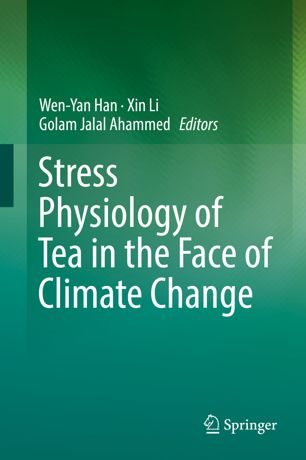

Most ebook files are in PDF format, so you can easily read them using various software such as Foxit Reader or directly on the Google Chrome browser.
Some ebook files are released by publishers in other formats such as .awz, .mobi, .epub, .fb2, etc. You may need to install specific software to read these formats on mobile/PC, such as Calibre.
Please read the tutorial at this link: https://ebookbell.com/faq
We offer FREE conversion to the popular formats you request; however, this may take some time. Therefore, right after payment, please email us, and we will try to provide the service as quickly as possible.
For some exceptional file formats or broken links (if any), please refrain from opening any disputes. Instead, email us first, and we will try to assist within a maximum of 6 hours.
EbookBell Team

4.3
58 reviewsThis book focuses on the existing knowledge regarding the effect of global climate change on tea plant physiology, biochemistry, and metabolism as well as economic and societal aspects of the tea industry. Specifically, this book synthesizes recent advances in the physiological and molecular mechanisms of the responses of tea plants to various abiotic and biotic stressors including high temperature, low temperature or freezing, drought, low light, UV radiation, elevated CO2, ozone, nutrient deficiency, insect herbivory, and pathogenic agents. This book also discusses challenges and potential management strategies for sustaining tea yield and quality in the face of climate change.
Dr. Wen-Yan Han is a Professor and Dr. Xin Li is an Associate Professor at the Tea Research Institute of the Chinese Academy of Agricultural Sciences (TRI, CAAS), Hangzhou, PR China. Dr. Golam Jalal Ahammed is an Associate Professor at the Department of Horticulture, College of Forestry, Henan University of Science and Technology, Luoyang, PR China.